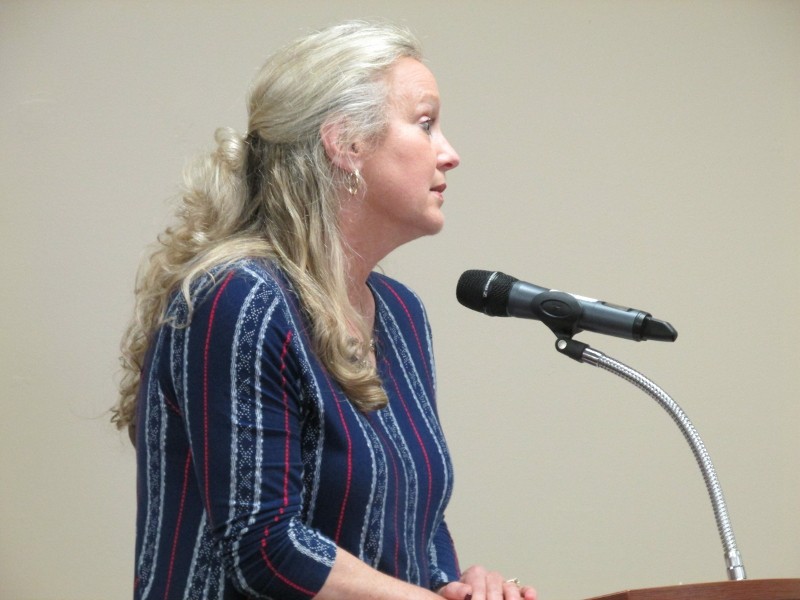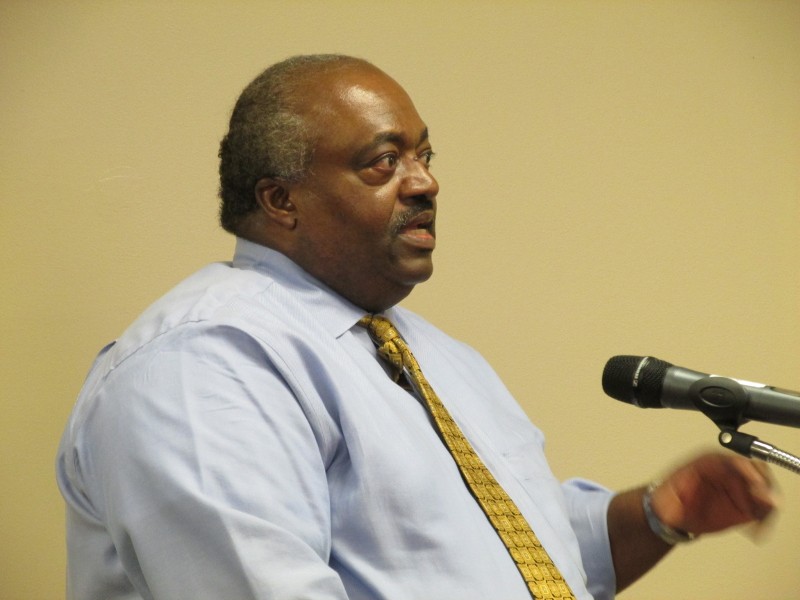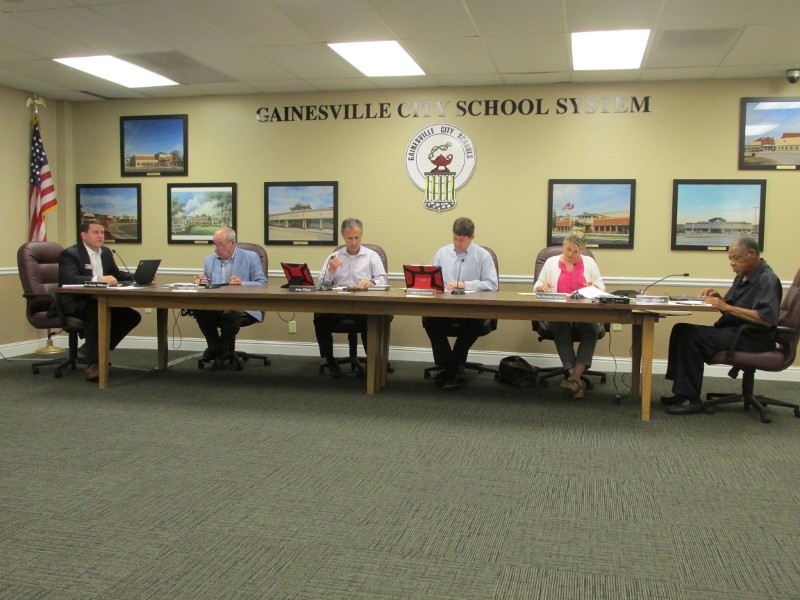GAINESVILLE - The Gainesville City School System Board of Education heard reports at their work session Monday evening on three unique topics: Special Education, ESOL, and a power outage.
First up was the excitement of the day: a power outage at Gainesville Middle School that saw more than 850 students check out early.
Chief Operations Officer Adrian Niles told board members, “This morning, just before eight (AM), Georgia Power had a transformer blow in the area…and it blew out one phase of power coming in to the middle school.”
Superintendent Dr. Jeremy Williams said students at the middle school were in the midst of taking their Milestone Assessment tests. That had to be abruptly curtailed.
Williams said everything needing repair at the middle school had been repaired and they expect classes to resume as scheduled on Tuesday; however, he added, “We will not resume testing tomorrow; we will wait until Wednesday.”
Niles said he was hopeful of recovering some of the cost associated with restoring power to the school. “We’ll have some conversations with Georgia Power to see if there is any reimbursement that can take place. We’re going to try and see if they will reimburse us for what we had to spend to replace conductors.”
Mike Enright, Director of Special Education, followed Niles to the podium and told board members, “We serve students starting at age three going through the last day of their twenty-first birthday; that’s quite a commitment. Around nine percent of our student population is eligible for our services.”
That translates into 726 students currently participating in Gainesville City School System Special Education programs.
The statewide average for students with disabilities is 11.6-percent according to Enright.
“Our ultimate goal from the time you become eligible is to become basically uneligible (sic); to stay in your general education environment,” Enright said. “That’s the ultimate goal; to get the students reintegrated back into the general education.”
Enright said he was very proud of the high graduation rate students with disabilities achieved in Gainesville’s program. “We’ve had some success as of late…we’re really excited in our graduation rate. The overall target for 2016-2017 as a state was for 54-percent of students with disabilities to graduate with a regular diploma…Gainesville High School was at 75-percent.”
But the relationship doesn’t end at graduation according to Enright. “We continue to track our students a year after high school…to see what they are doing.”
Enright said 71-percent of GHS’s 2017 graduating special education students were either continuing their education at the next level or competitively employed, much higher than the state target of 54-percent.
The third report brought before the board Monday evening focused on another challenge faced by the school system: educating students whose first language is something other than English.
Laura Herrington, English for Speakers of Other Languages (ESOL) Director, told board members that a major shift had occurred in the demographics of foreign languages spoken within the system: Spanish is still the most common but, “French is now the second largest language spoken in our district”, supplanting Vietnamese.
Herrington attributed that to an influx of families moving to Gainesville from the Congo, via World Relief Atlanta. “We know we have over thirty languages spoken by our students in the Gainesville City School System.”
Herrington said of the 7954 students in the Gainesville district, 2287, or 31.1-percent, were English language learners.
Herrington said with such a diverse linguistic demand an outside service is retained to help communicate necessary information to the students and their families. “We are in touch with a company called Language Link,” she explained. “They translate or interpret things into 140 different languages.” Herrington explained that Language Link’s services were provided via telephone.
Herrington smiled and said last week they were challenged to enroll a new student who spoke a dialect of Kinyarwanda that was only verbal, that it was not a written language, “but this company had someone who spoke it.”











